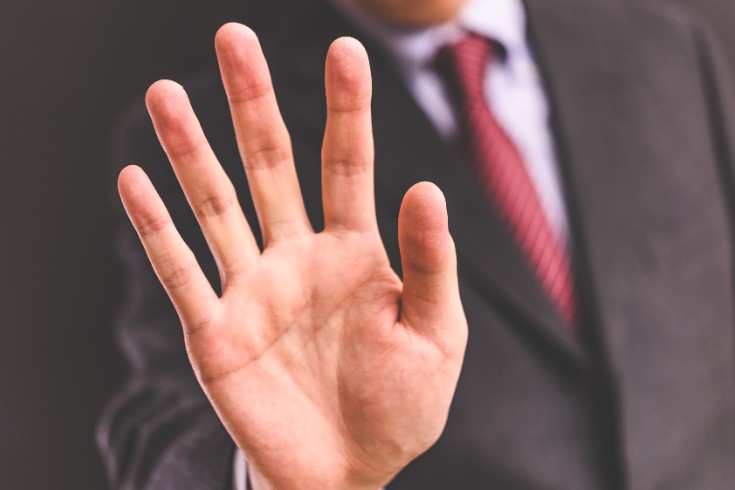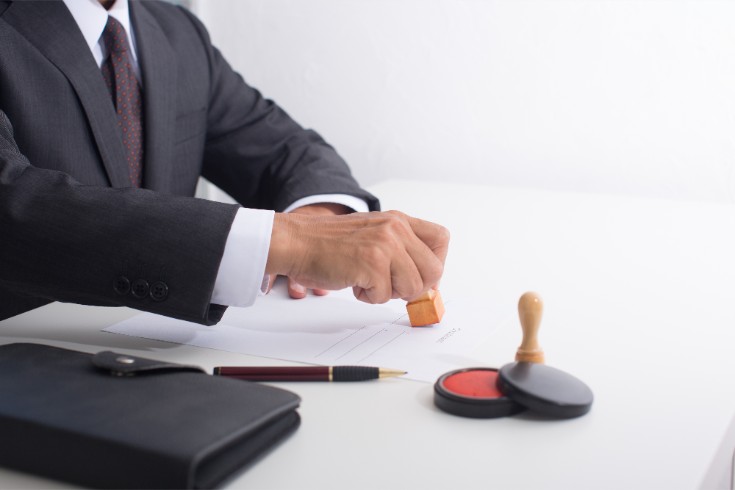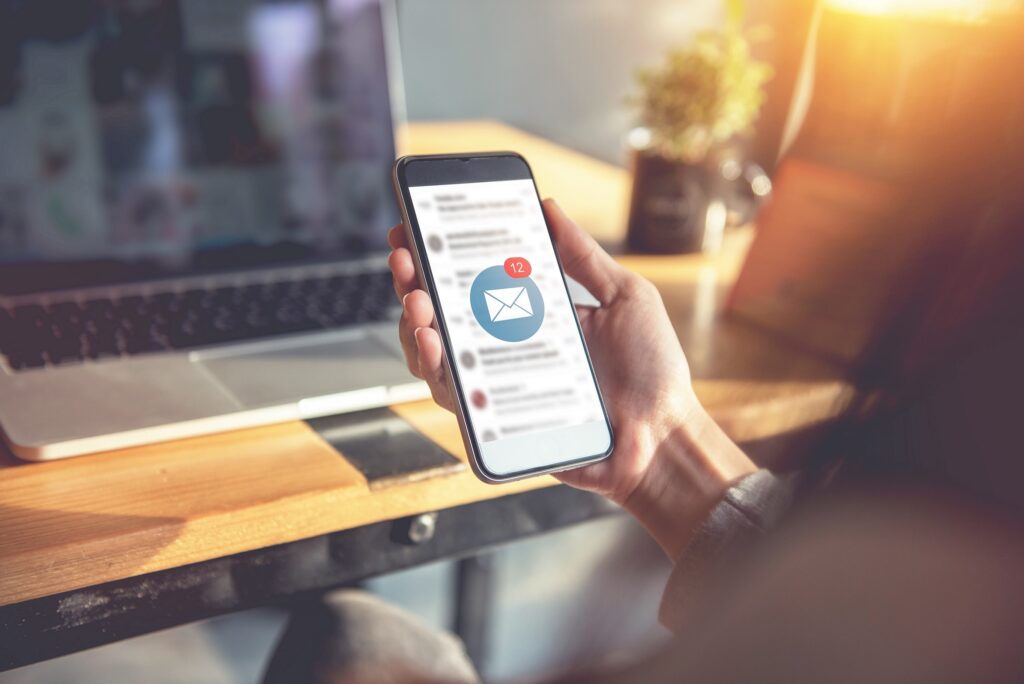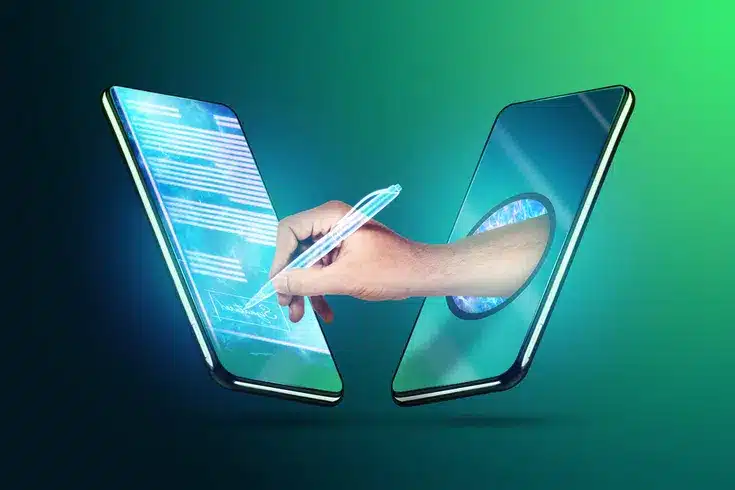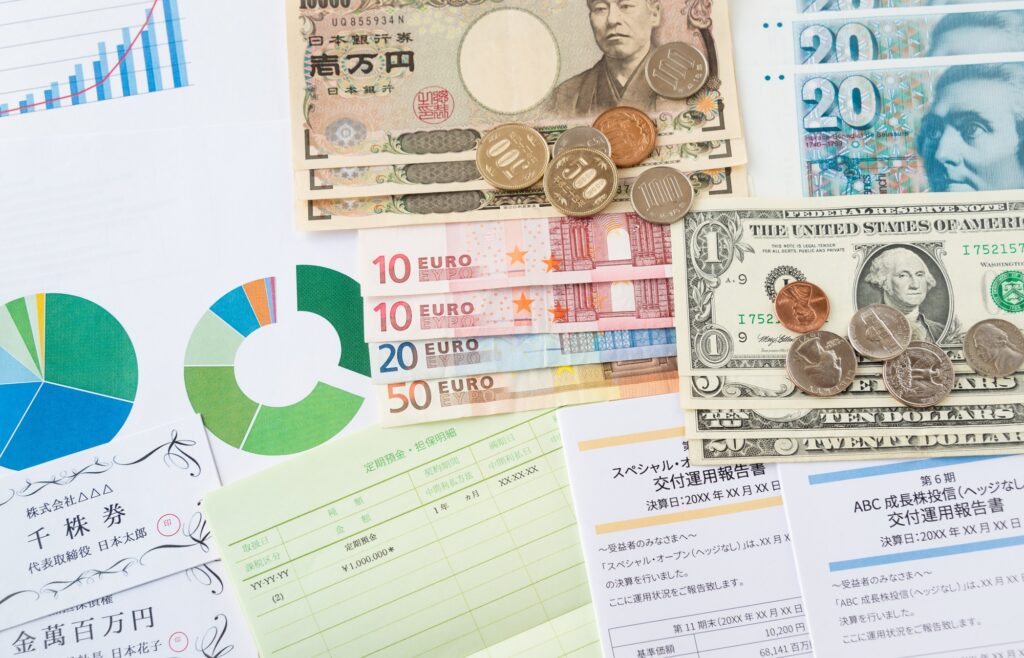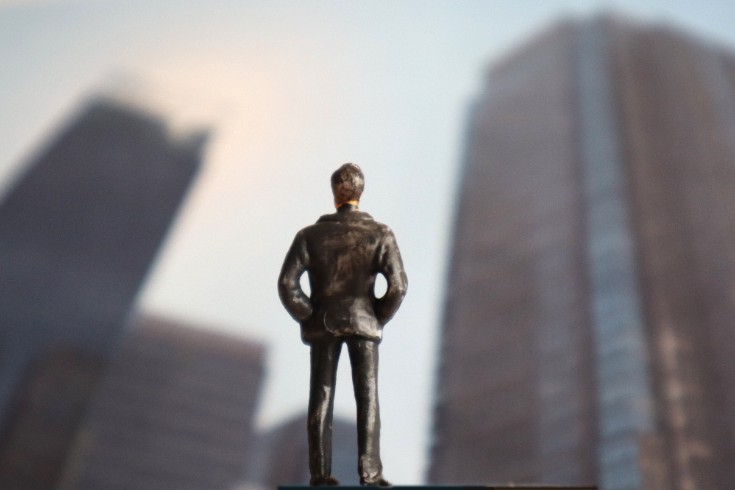YouTubers Need to Know: When 'Let's Play' Videos Become Illegal Under Japanese Copyright Law

On YouTube, a wide variety of videos are posted daily. Among the videos posted, one genre that is particularly popular is known as “game commentary”.
“Game commentary” refers to the practice of video uploaders, such as YouTubers, playing a game in real-time and providing commentary, then posting the video of this gameplay.
The games that are actually played can vary widely, including commercially available games, games distributed for smartphones, and games created by the general public and released for free.
With game commentary, because the actual gameplay screen is often posted as a video, there can be issues related to copyright and other rights. Also, copyright may apply to the music used within the game, so the relationship with the copyright of the music used in the game can also be an issue.
I believe that many video distributors, such as YouTubers who do game commentary, may not fully understand the legal prohibitions related to game commentary.
Therefore, in this article, I will explain the legal prohibitions related to “game commentary” that YouTubers should be aware of.
https://monolith.law/corporate/game-copyright-part1[ja]
Laws Related to Game Streaming
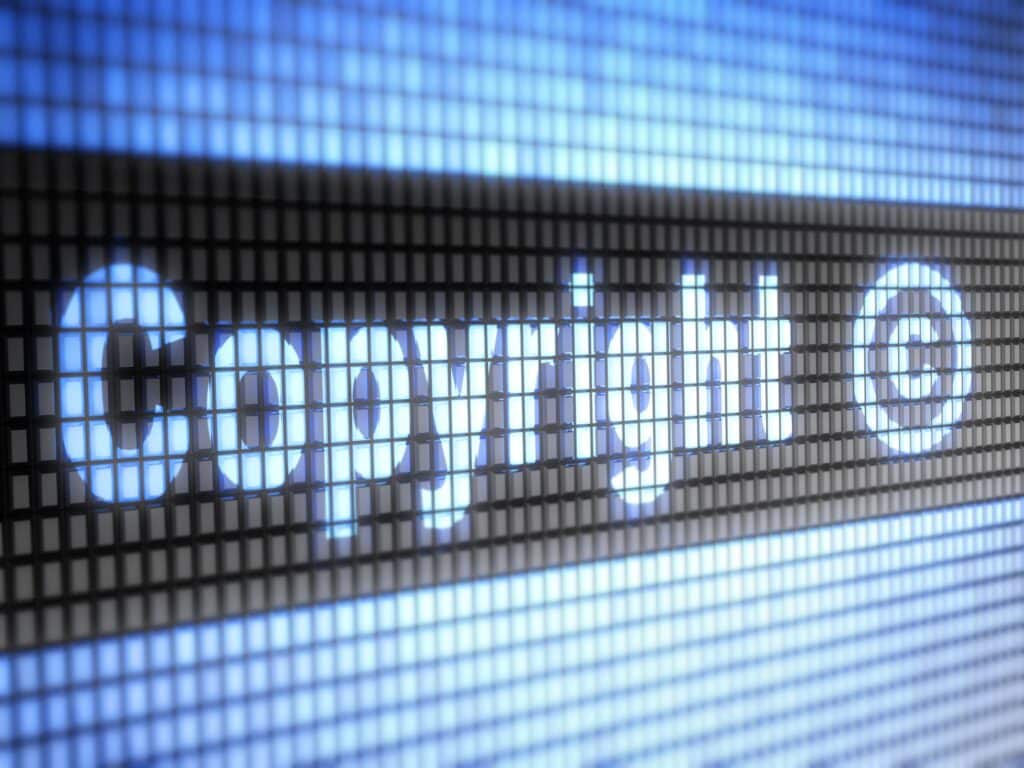
The Japanese Copyright Law is one of the laws that can become an issue in relation to game streaming. First, let’s explain about the Copyright Law.
What is the Copyright Law?
The Japanese Copyright Law is a law that regulates copyrights, which are included in intellectual property rights. Specifically, the Copyright Law defines the scope and content of copyrights.
Purpose of the Copyright Law
So, what is the purpose of the Copyright Law?
The purpose of the Copyright Law is defined in Article 1 of the Copyright Law as follows:
(Purpose)
Japanese Copyright Law Article 1
Article 1: This law defines the rights of authors and rights adjacent to them in relation to works, performances, records, broadcasts, and cable broadcasts, and aims to protect the rights of authors, etc., while paying attention to the fair use of these cultural properties, thereby contributing to the development of culture.
From the above provision, it can be said that the Copyright Law is a law that aims to contribute to the development of culture by defining works, etc., and protecting the rights of authors, etc.
Are game footage and music used in games protected under the Copyright Law?
First of all, if the game footage and music used in the game are not protected under the Copyright Law, the relationship with the Copyright Law will not be an issue.
Therefore, let’s explain whether the game footage and music used in the game are protected under the Copyright Law.
Under the Copyright Law, Article 2, Paragraph 1 defines when something qualifies as a work.
(Definition)
Japanese Copyright Law Article 2, Paragraph 1
Article 2: In this law, the meanings of the terms listed in the following items are as defined in each item.
1. Works: These are things that creatively express thoughts or feelings and belong to the fields of literature, academia, art, or music.
In relation to the above provision, it seems that there is no problem in recognizing the workability of music used in games, but what about game footage?
At first glance, game footage may not seem to belong to the “fields of literature, academia, art, or music,” but it is generally considered to be a “cinematographic work” that qualifies as a work.
The following Article 10, Paragraph 1 of the Copyright Law explicitly states what qualifies as a work.
(Examples of Works)
Japanese Copyright Law Article 10, Paragraph 1
Article 10: The following are examples of works referred to in this law.
1. Novels, scripts, essays, speeches, and other linguistic works
2. Musical works
3. Dance or pantomime works
4. Paintings, prints, sculptures, and other artistic works
5. Architectural works
6. Maps or academic drawings, diagrams, models, and other graphic works
7. Cinematographic works
8. Photographic works
9. Program works
Game footage is generally considered to be a “cinematographic work” included in the above Article 10, Paragraph 1, Item 7 of the Copyright Law, and is recognized as having workability.
When does it violate the Copyright Law?
If you use game footage and music used in the game without the permission of the rights holder, create a game commentary video, and upload the video to YouTube, it may be judged that you are infringing the copyright and neighboring rights of the rights holder. The neighboring rights are rights granted to those who play an important role in the transmission of works to the public, such as the reproduction right defined in Article 21 of the Copyright Law and the public transmission right defined in Article 23, Paragraph 1.
(Reproduction Right)
Japanese Copyright Law Article 21
The author has the exclusive right to reproduce his/her work.
(Public Transmission Right, etc.)
Japanese Copyright Law Article 23, Paragraph 1
The author has the exclusive right to make public transmission (including making it possible for automatic public transmission) of his/her work.
What are the cases where game commentary does not violate copyright law?
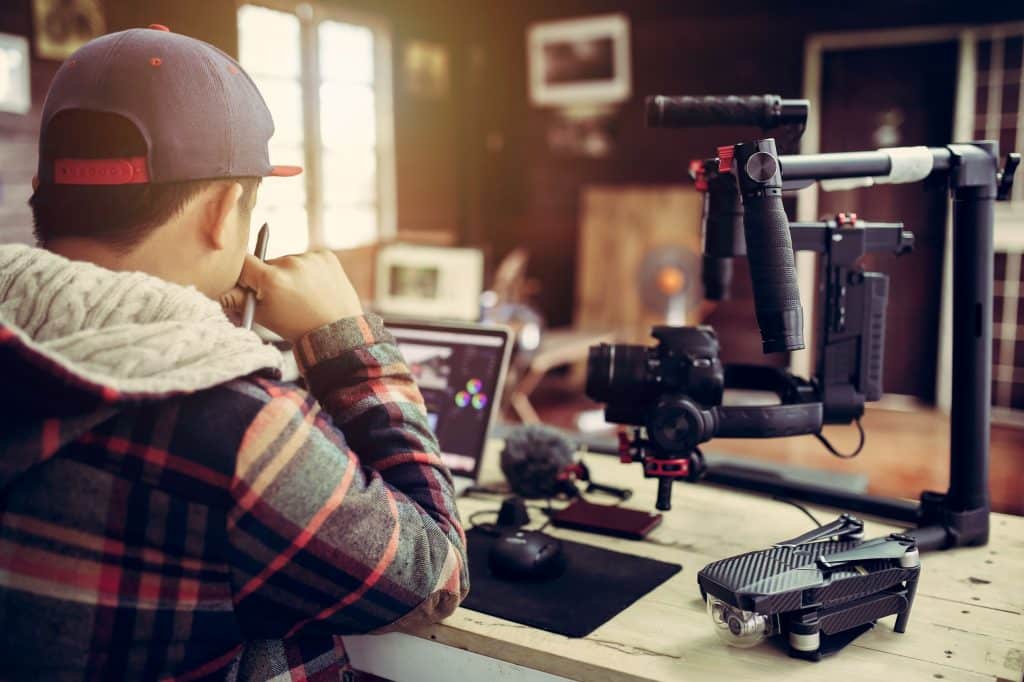
We have explained the possibility of violating the Japanese Copyright Law by posting game commentary videos on YouTube, but in reality, many game commentary videos are posted on YouTube. Does this mean that most of these game commentary videos are violating the Japanese Copyright Law? Actually, that’s not the case.
The uniqueness of game commentary videos
There is a unique aspect to game commentary videos.
That is, if a viewer who watched a game commentary video posted on YouTube finds the game being commented on interesting, there is a possibility that they will purchase the game. In other words, game commentary videos have the aspect of being advertisements for the game.
Especially in recent games, there are many games that have more freedom of development than before, and even if you play the same game, it does not necessarily develop in the same way, and there are cases where game commentary videos do not become so-called spoilers. If the game commentary video becomes a spoiler, it may reduce the desire to purchase, but if it does not become a spoiler, there is a possibility that the desire to purchase the game will increase by watching the game commentary video.
Because of this uniqueness of game commentary videos, the game company, which is the rights holder, may allow the posting of game commentary videos. If the game company allows the posting of game commentary videos, it means that there is permission from the rights holder, so even if you post a game commentary video on YouTube, it will not violate the Japanese Copyright Law.
https://monolith.law/corporate/game-litigation-copyright[ja]
Examples of Permitted Game Playthrough Video Uploads

Now, let’s discuss the game playthrough videos of the currently popular “FINAL FANTASY VII REMAKE”.
What is FINAL FANTASY VII?
FINAL FANTASY VII is the seventh installment of the Final Fantasy series, released on PlayStation in 1997. It is one of the most popular games in the series, and on April 10, 2020, a remake titled “FINAL FANTASY VII REMAKE” was released on PlayStation4. Due to its popularity, many gameplay videos of “FINAL FANTASY VII REMAKE” have been posted on YouTube.
Regarding the Regulations for Live Streaming of “FINAL FANTASY VII REMAKE”
The terms and conditions for the use of copyrighted materials from “FINAL FANTASY VII REMAKE” are somewhat lengthy, but they are quoted below.
Square Enix Co., Ltd. (hereinafter referred to as “our company”) grants permission to use copyrighted materials related to FINAL FANTASY VII REMAKE within Japan, under the following conditions (hereinafter referred to as “these conditions”), with the aim of supporting the formation of a community around FINAL FANTASY VII REMAKE. If you wish to post or distribute copyrighted materials used or distributed in the FINAL FANTASY VII REMAKE game or on related sites on external sites such as homepages, blogs, and social networking services, please read these conditions carefully and agree to all of them before proceeding. If you actually use these copyrighted materials (defined below), you are deemed to have agreed to these conditions.
“FINAL FANTASY VII REMAKE” Copyrighted Material Use Permission Conditions
1. Copyrighted materials that can be used (hereinafter referred to as “these copyrighted materials”)
1) Fan kit
2) Text, information, images, and videos posted on the official FINAL FANTASY VII REMAKE site and related sites
3) Text displayed in the FINAL FANTASY VII REMAKE game, screenshots taken in the game, and videos taken in the game
4) Music and music data used in the FINAL FANTASY VII REMAKE game
※Parts set as recording and filming prohibited areas are not subject to this permission. ※Items including the song “Hollow” are excluded from these copyrighted materials and are not subject to this permission.
※It is prohibited to include music and audio data other than FINAL FANTASY VII REMAKE in videos. Considering these conditions, it is possible to create content that combines these copyrighted materials and to create content that overlays your own voice on these copyrighted materials.
※For music and music data, they can only be used in videos that use materials such as images and videos taken in the FINAL FANTASY VII REMAKE game. It is prohibited to post only music and music data and to post videos etc. that are considered to be mainly for listening to music and music.
※Posting and posting of these copyrighted materials before the official release date of FINAL FANTASY VII REMAKE is prohibited. Before the official release date, you can only use these copyrighted materials that our company has officially released.
※Posting and reusing copyrighted materials other than the above on the Internet is not permitted at all.
2. Conditions for using these copyrighted materials
1) Do not use for commercial or profit-making purposes
However, there is no problem if you use the partner function etc. officially provided by video posting sites such as YouTube and USTREAM. If there is an inquiry from the video posting site about the right to use these copyrighted materials used for the partner function etc., please guide these conditions posted on the support center.
2) Post the “Rights notation 1” regarding registered trademarks and trademarks mentioned later
3) When handling images and videos, post the “Rights notation 2” regarding copyright mentioned later
4) These conditions do not apply to copyrighted materials contained in “FINAL FANTASY VII REMAKE” sold outside Japan (hereinafter referred to as “overseas version”) and official sites and related sites of the overseas version.
5) Our company does not guarantee anything about these copyrighted materials, including that they do not infringe the rights of third parties. Our company will not compensate for any damage caused as a result of using these copyrighted materials.
6) Other agreed matters
① Do not use for the purpose of defaming or slandering others
② Do not make excessive processing or modifications
③ Do not use for advertising other products, services, etc.
④ Do not delete or modify the trademark and copyright indications accompanying these copyrighted materials
⑤ Do not use these copyrighted materials in combination with content other than FINAL FANTASY VII REMAKE
⑥ Do not violate public order and morals
⑦ If requested by our company, stop posting these copyrighted materials without delay
■Rights notation 1
Please be sure to post the following sentence on the top page or footer etc.
The company names, product names, system names, etc. listed are trademarks or registered trademarks of each company.
■Rights notation 2
When posting images, be sure to post the following copyright notation.
© 1997, 2020 SQUARE ENIX CO., LTD. All Rights Reserved.
CHARACTER DESIGN: TETSUYA NOMURA / ROBERTO FERRARI
LOGO ILLUSTRATION:©1997 YOSHITAKA AMANO
※If multiple images and videos are posted on one page, it is okay to have one notation for the entire page instead of each image and video.
That’s all
Supplementary provisions
Effective March 2, 2020
Revised April 2, 2020
Revised April 3, 2020
The above “FINAL FANTASY VII REMAKE” Copyrighted Material Use Permission Conditions can be broadly divided into the following two items.
The first is about the copyrighted materials that can be used. This item sets what copyrighted materials can be used. When posting a game live streaming video, it is necessary to carefully check whether it is within the range of copyrighted materials that can be used. Points that need particular attention are that parts set as recording and filming prohibited areas are not subject to this permission, and items including the song “Hollow” are not subject to this permission.
In “FINAL FANTASY VII Remake”, Chapter 18 is set as a recording and filming prohibited area. This is a part of the end of the game and is a very important part of the game story, so as mentioned above, it is considered to be set as a recording and filming prohibited area because it may reduce the user’s desire to purchase if it spoils the story.
The second is about the conditions for using copyrighted materials. Among these, the point that should be particularly noted is that although the use of copyrighted materials for commercial or profit-making purposes is basically prohibited, it is exceptionally possible to use them for commercial or profit-making purposes if you use the partner function etc. officially provided by video posting sites such as YouTube.
Thus, even if the distribution of game live streaming videos is permitted in the game company’s terms and conditions, the possible copyrighted materials for distribution may be finely defined, or the range and conditions for possible distribution may be finely defined. Therefore, when posting a game live streaming video on YouTube, it is necessary to carefully check the terms and conditions that the game company has made public.
https://monolith.law/corporate/web-terms-of-service-part1[ja]
https://monolith.law/corporate/web-terms-of-service-part2[ja]
Summary
We have explained the legal prohibitions related to “game commentary” that YouTubers should be aware of.
Firstly, those who are considering posting game commentary videos on YouTube or are already doing so, need to have a solid understanding of the laws related to posting such videos.
Next, it is necessary to thoroughly check the regulations set by the game companies. It is important not just to glance over the regulations set by the game companies, but to look at them in detail.
Legal prohibitions on posting game commentary videos on YouTube require legal knowledge and professional judgment. Therefore, those who are posting game commentary videos on YouTube or are considering doing so, should consult with a law firm.
Furthermore, those whose intellectual property rights, such as copyrights related to games, have been infringed upon by others posting game commentary videos on YouTube, may consider making a claim for damages against the person who posted the video for copyright infringement, etc. In order to make such a claim, it is necessary to identify the person who posted the game commentary video. From this, it is necessary to first request the disclosure of the sender’s information from YouTube LLC, the company that operates YouTube. YouTube LLC is a limited liability company established under the laws of the State of Delaware, United States. The representative of YouTube LLC is Google LLC, which is also a limited liability company established under the laws of the State of Delaware, United States. In order to request the disclosure of the sender’s information from these foreign corporations, it is necessary to prepare necessary documents such as their qualification certificates. Furthermore, these qualification certificates are written in English, so there is a need for English translation, and the actual expenses for obtaining the documents and English translation will be incurred, so caution is required.
If you want to know the content of this article in video format, please watch the video on our YouTube channel.

